When I switched to the apple ecosystem a few years ago, I was "beating my head" why I hadn't done it sooner. All of the connectivity between all of Apple's products continues to be a key factor in why people leave Windows and Android. But the truth is that over the past few years, Apple has simply taken a comfortable position on certain fronts and is waiting to see what the competition will come up with. It should be noted that the Windows and Android operating systems have come a long way in recent times and in many cases have even caught up with Apple. Let's take a look together at what Apple could do to win back the hearts of its users, or what users demand from Apple.
It could be interest you
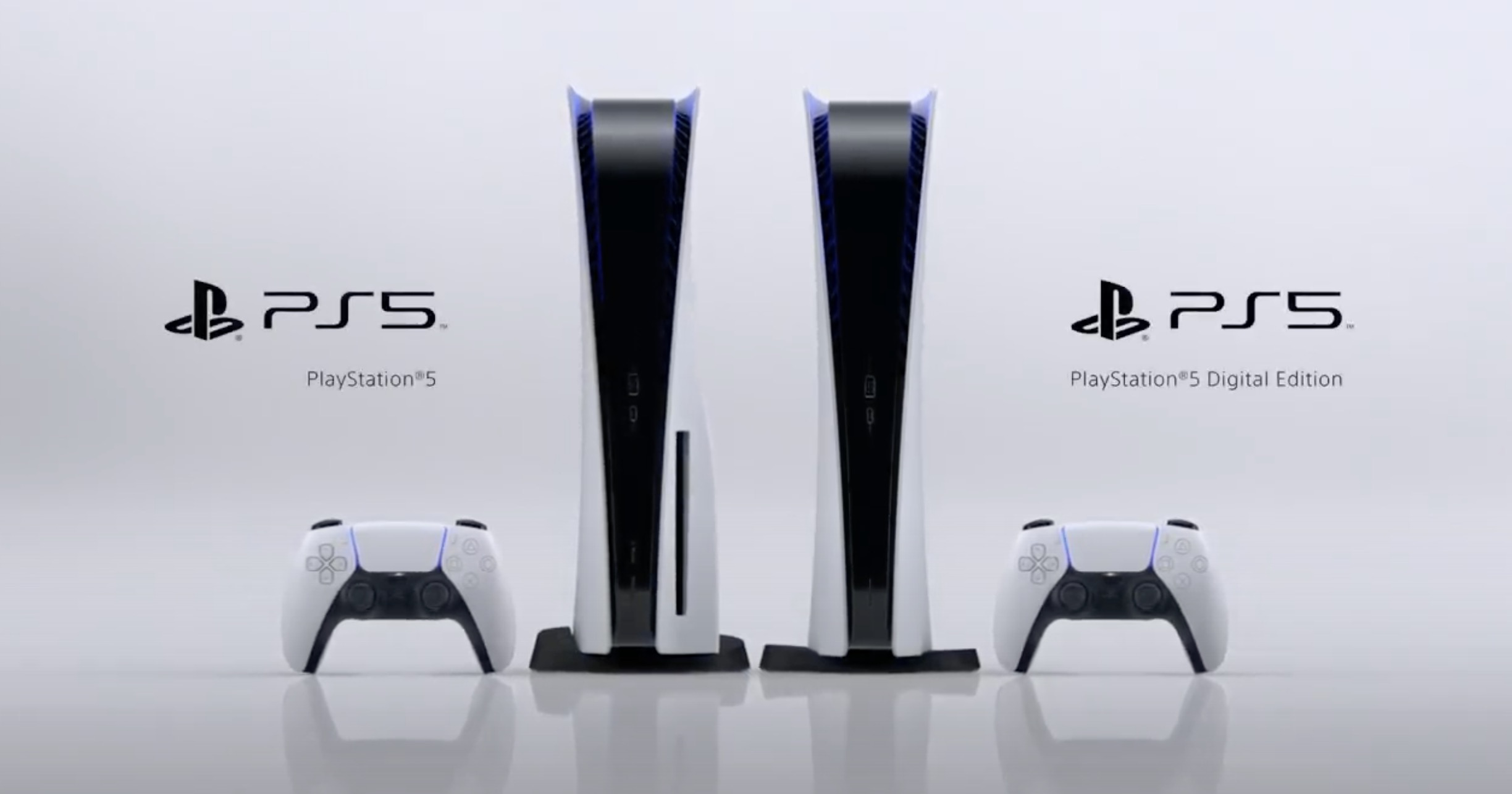
Debugged systems
What has always made Apple Apple are its operating systems. It has become an unwritten rule that Apple operating systems are perfectly tuned, error-free and at the same time very secure. Unfortunately, within the latest versions of the operating systems, we often found the opposite due to Apple's standards. This is not to say that Apple's systems are "leaky as a colander", but when, for example, we take into account how many computers run on macOS, and how many run on the competing Windows, then one would expect that Apple can easily debug the work your system to all devices. Currently, Apple has a whole year to debug each new system, which shouldn't be a problem with its number of employees. However, the Californian giant is currently more focused on developing and improving its own services, which is quite possibly one of the reasons why early versions of new systems often do not work as they should.
Change wallpapers in iOS 14:
In general, it seems to me that Apple manages to debug each "major" version of the operating system only after two years, i.e. at the moment when they are already fully working on the introduction of other "major" versions of the systems. The eternal question, which is definitely not only asked by our editors, remains, would it not be better if Apple did not needlessly pursue the release of new systems every year, but instead released so-called major versions after two years? For example, if I were to compare iOS 12 and iOS 13, I don't think that there are so many new functions, features and design changes that Apple would be forced to use the next number in the sequence. The Californian giant is expected to release a new system every year, no matter what happens. And let's face it - would you mind if Apple didn't present iOS and iPadOS 14 or macOS 10.16 at WWDC this year, but for example just stated what news it plans to introduce, along with bug fixes, for existing systems? Not for me personally.
Security and privacy
In the latest versions of its operating systems, Apple tries to make the user feel as safe as possible. But in my opinion, security should not stand in the way of a better user experience when using the systems. Of course, security and privacy are extremely important, especially for an Apple company that guards data like an eye in its head. In some cases, however, there is already a lot of security - just mention, for example, macOS Catalina, where you have to agree to several different dialog boxes when installing each application, and when you find yourself in a situation where you can start the application, other windows appear in which you must allow access to certain services. In addition, sometimes you have to allow access completely manually in System Preferences, so a simple installation of the application can take several long minutes. The security of Apple products is already simply great, and if the user uses common sense, it is almost impossible for him to "virus" his system in any way. So this year, it would be nice to put exceptional security aside and focus on improving user experience.
It could be interest you
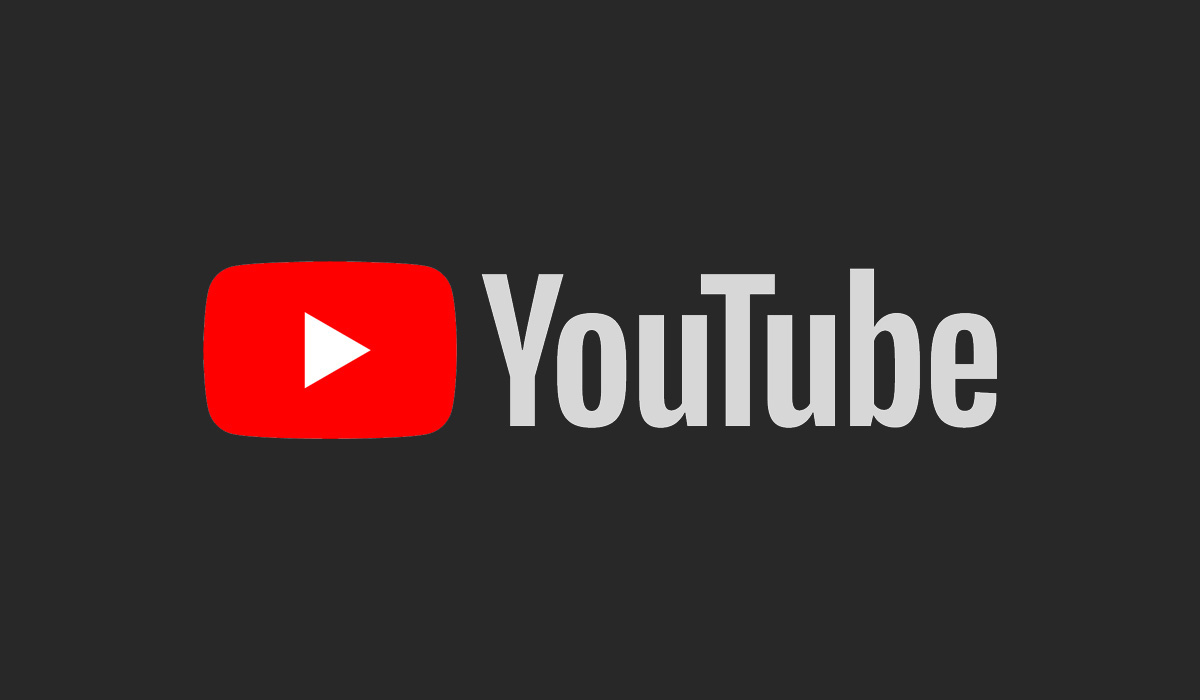
In terms of security, in my opinion, it would be absolutely ideal if the user could choose between amateur and professional "mode" when updating to the new macOS. In the amateur version, everything would remain the same as before – the system would ask you about every click, every action and everything else. This could be especially useful for inexperienced users, for example younger or older users, who are more at risk of being "infected" by a computer virus. As part of this "amateur mode", it would then be impossible, for example, to install applications outside the App Store, etc. This would provide complete security for amateur users, who would not have to worry when using the computer. The pro "mode" would then be for the pros. The system would ask you only for certain and important actions, the installation of programs would then take place simply within a few seconds and the whole system would be more "open". With the current macOS security equipment, even these professional users would have a very hard time succumbing to a computer virus infection.
Openness and independence
With the arrival of iOS and iPadOS 13, we have finally seen a certain "opening" of these operating systems. The Files app has finally gained its importance and downloading files from the internet has finally become possible. In my opinion, however, (especially mobile) operating systems deserve even greater openness. Even though not many people will probably agree with me now, I think that people should have a choice, a lot of choices. Each of us is different and each of us is comfortable with something different. In this case, I mean, for example, the use of applications. Even though many users use native applications, it does not have to suit everyone. For example, when you want to start writing an e-mail message to a recipient whose address you click on on the web, the native Mail application always opens. In this case, users should be able to choose whether they want to use other default applications - in this case, for example, Gmail or Spark. Of course, this statement does not apply so much to macOS, but rather to iOS and iPadOS.
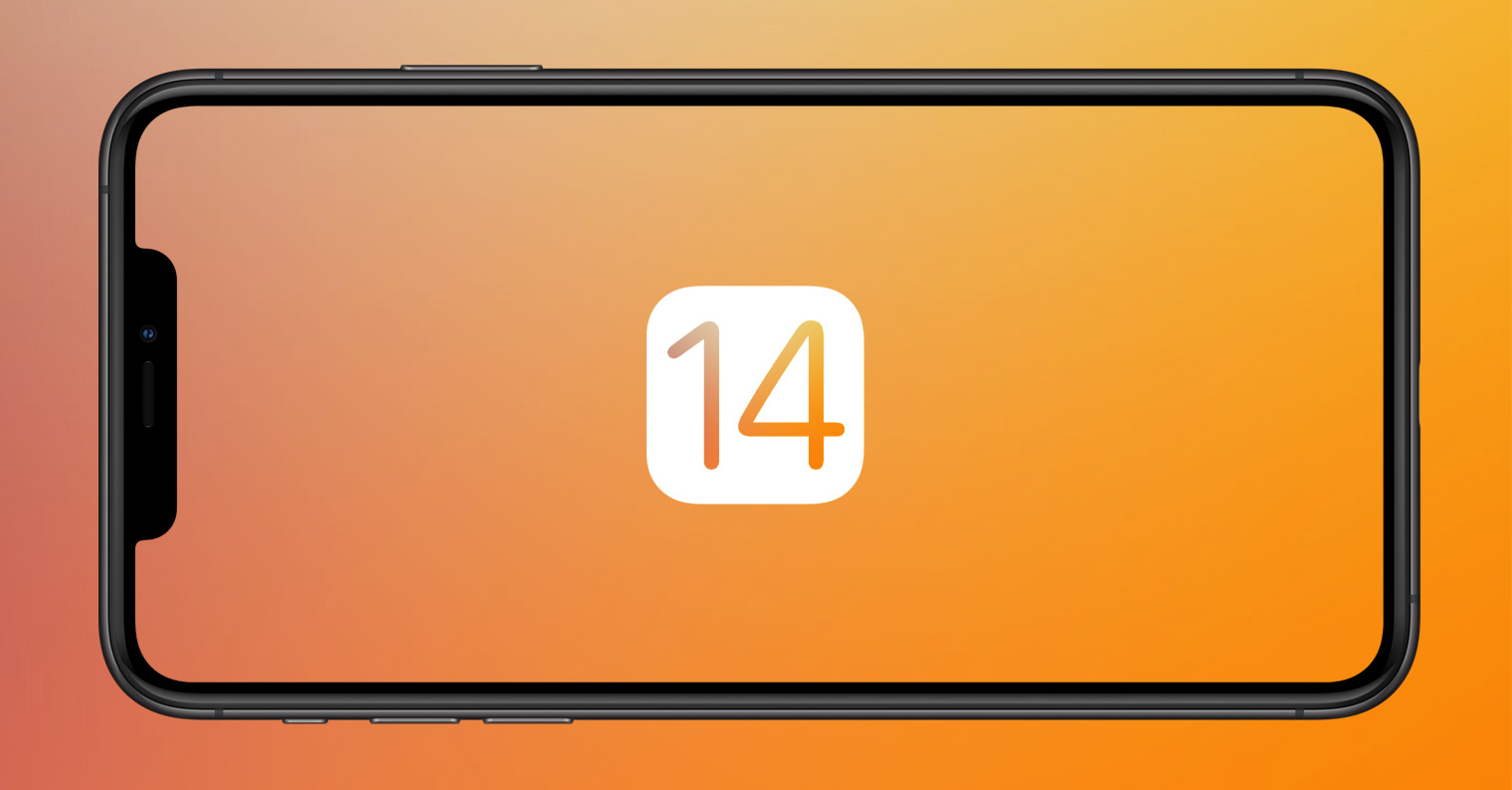
We could see that Apple is trying to make its products independent, especially with the Apple Watch. With watchOS 6, the Apple watch received its own App Store, in addition, you can use it for independent music playback or activity monitoring. In the United States, users also have the advantage of being able to add an eSIM to their Apple Watch and be "on the wire" even when they don't have an iPhone nearby. It probably goes without saying that almost all users in the Czech Republic would welcome this option. Beyond that, though, you need to think about who can actually use the Apple Watch—simply put, it has to be someone with an iPhone. Only with it can the Apple Watch be connected so that the watch works at 100%. This means that you simply can't enjoy the Apple Watch with an Android device, even if competing watches work with iPhones. But the surprising fact is that you cannot use the Apple Watch even if you own an iPad, for example. In this case, Apple probably has the whole situation completely thought out and is trying to force potential users to buy an iPhone first. But if I'm wrong, then users should definitely be able to use the Apple Watch with any device.
záver
There are, of course, more different functions and features that users are likely to desire. Of course, this is just my subjective opinion and it's up to you whether you agree with it or not. If you have a different view on the whole situation, or if you have a request regarding the systems, be sure to write us your knowledge in the comments.
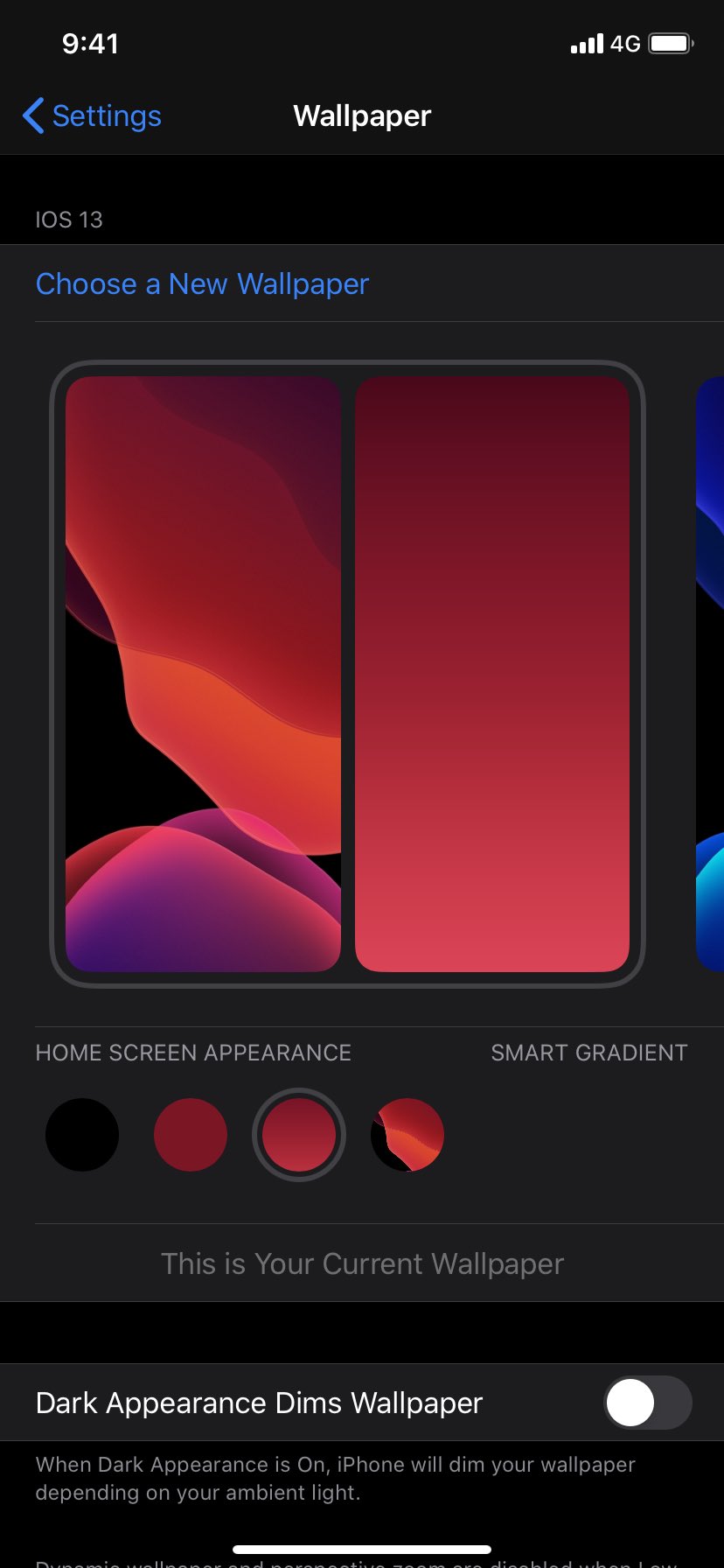
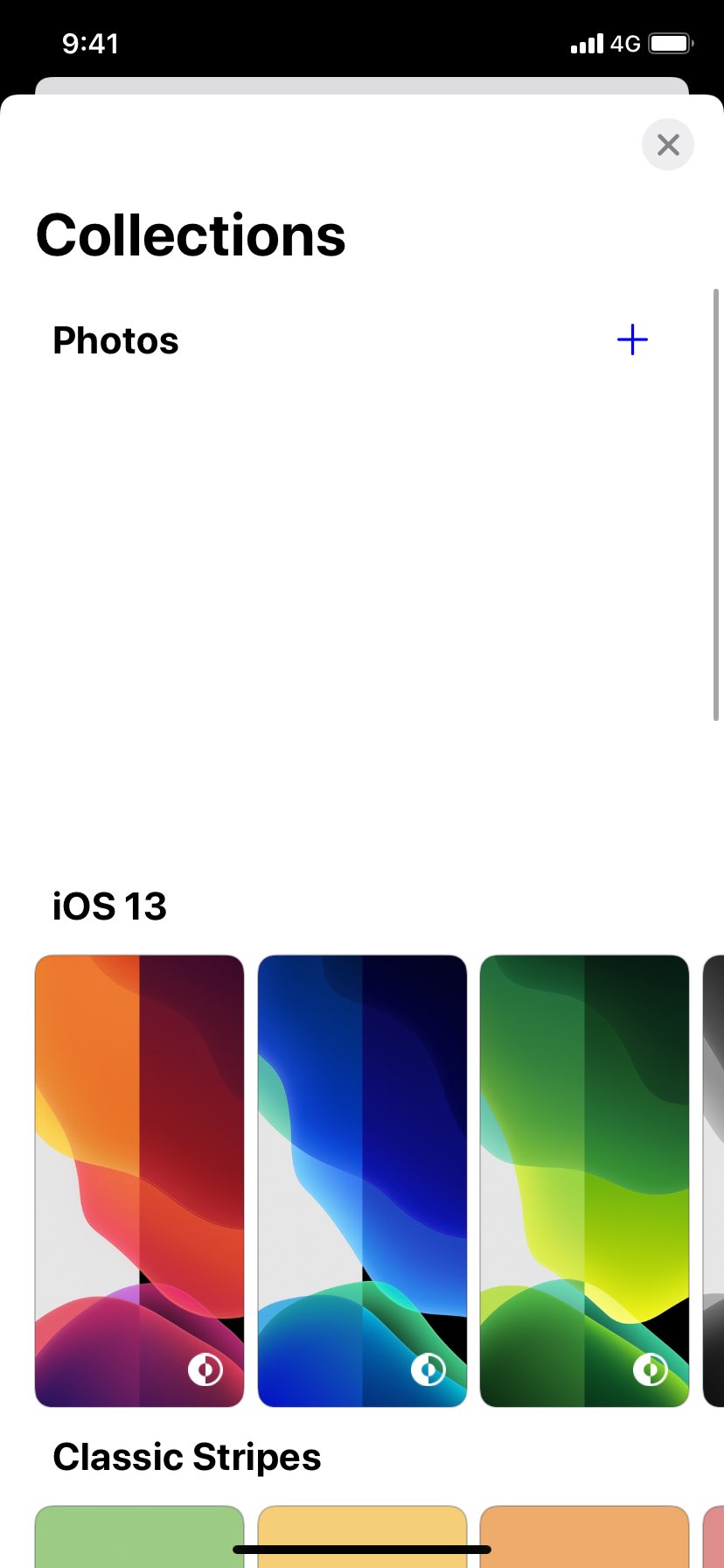
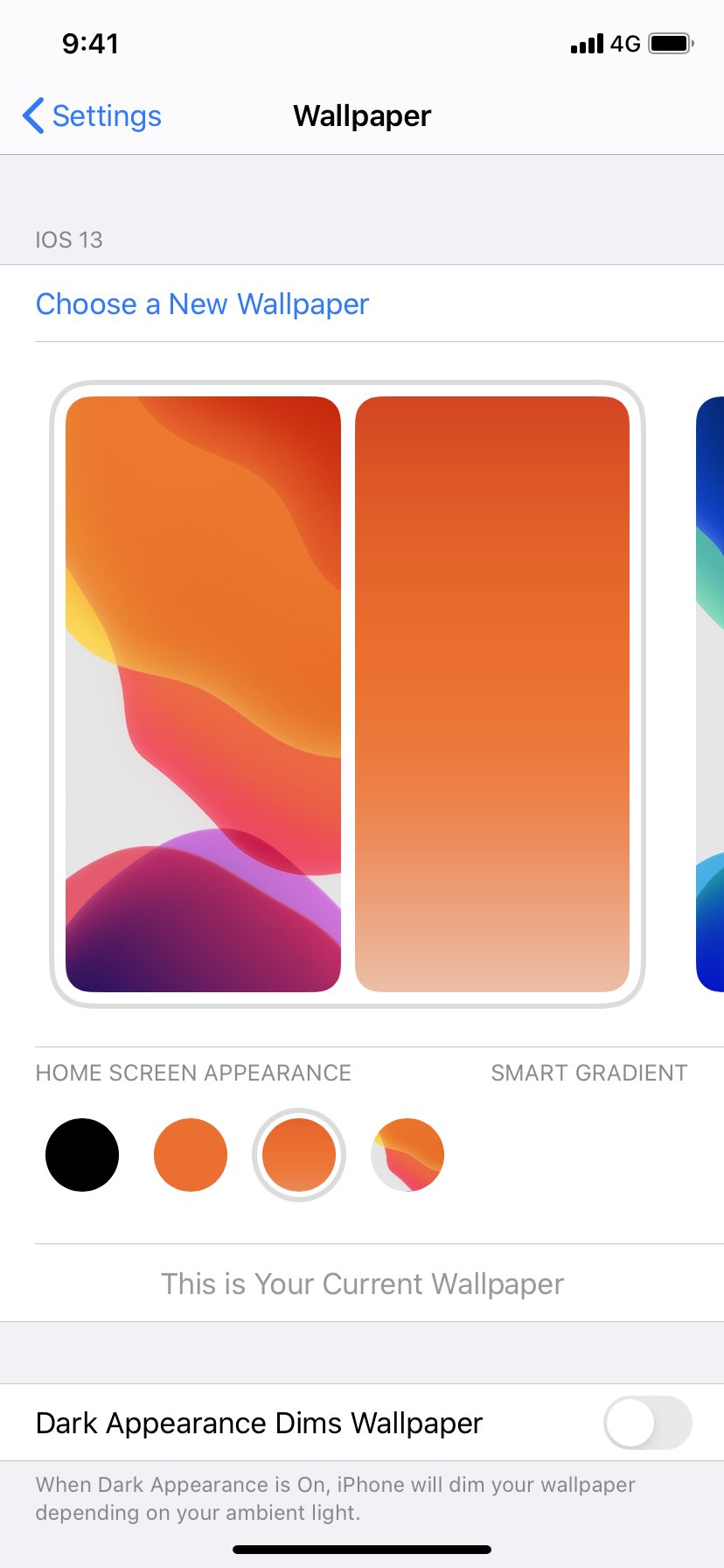
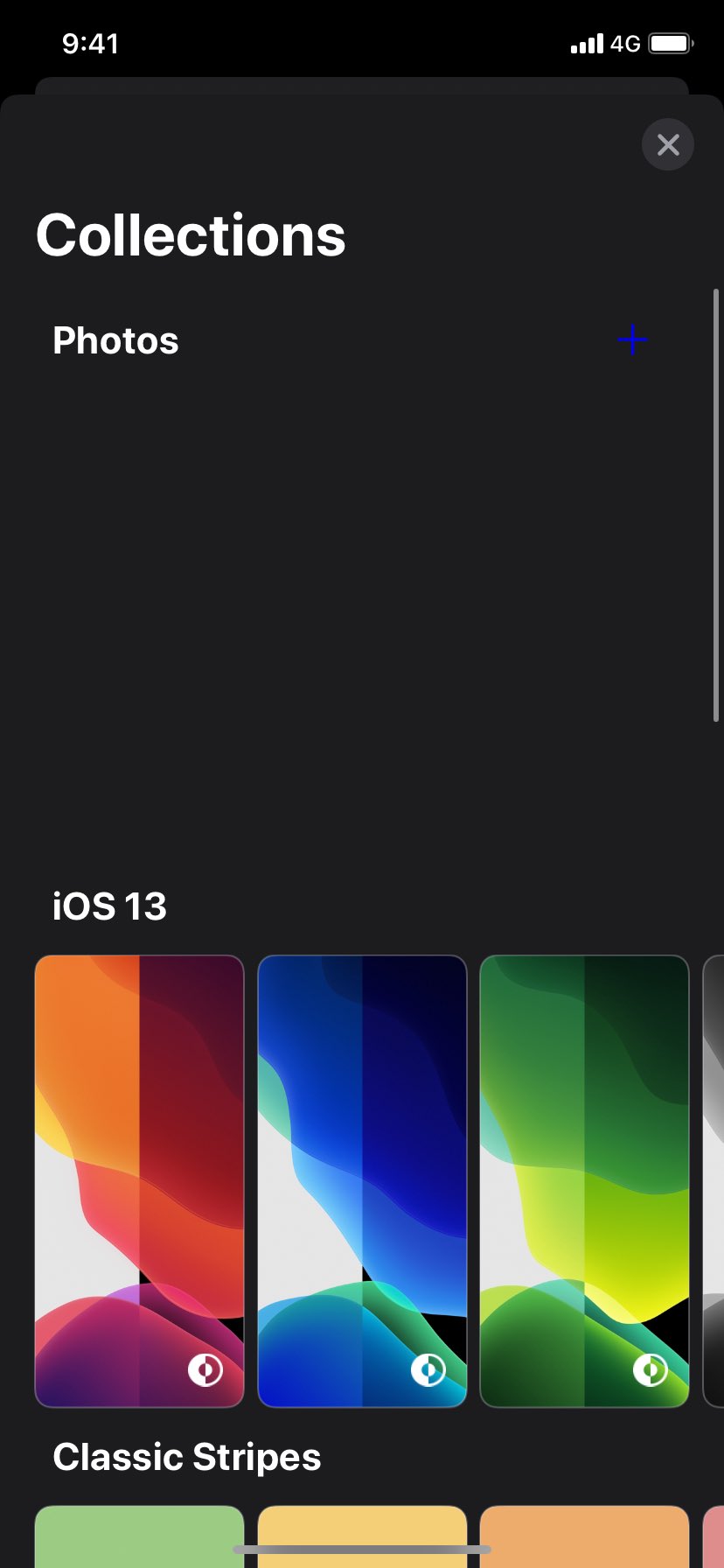
I don't think people will leave Windows and Android because of the connectivity of Apple products. If the user is at least a little smarter (understand, he has an IQ higher than bubbling mud), he can connect everything with Android and Windows, or Linux. I use all the systems myself, and I have to admit the ones from Apple, they are stupidly connected, but that's about the only thing they have. Windows and Linux have far more options and are more user-friendly, ergonomic, etc. MacOS has a lot to catch up on, but there is not that much, although there is a nice pile of it. On the other hand, Android is light years ahead of iOS, which is probably why Apple is constantly stealing it, and with "pure" Android, you have enough updates for years to come. So, being an author, I'm more careful with those claims at the beginning. But otherwise a good article and I agree (apart from the beginning, I have a really different opinion and experience there, even though I use Apple, among other things, too).
I totally agree, my "Ecosystem" is how devices work across Android, Windows and Apple. Giving the same argument over and over again about the connectivity of Apple products as one of the decisive features is already well-worn.
What you write here that Apple should have in the future are exactly the things that I don't miss and why I'm on a Mac and not on Microsoft. Do the rest belong on the bar and not on the computer?